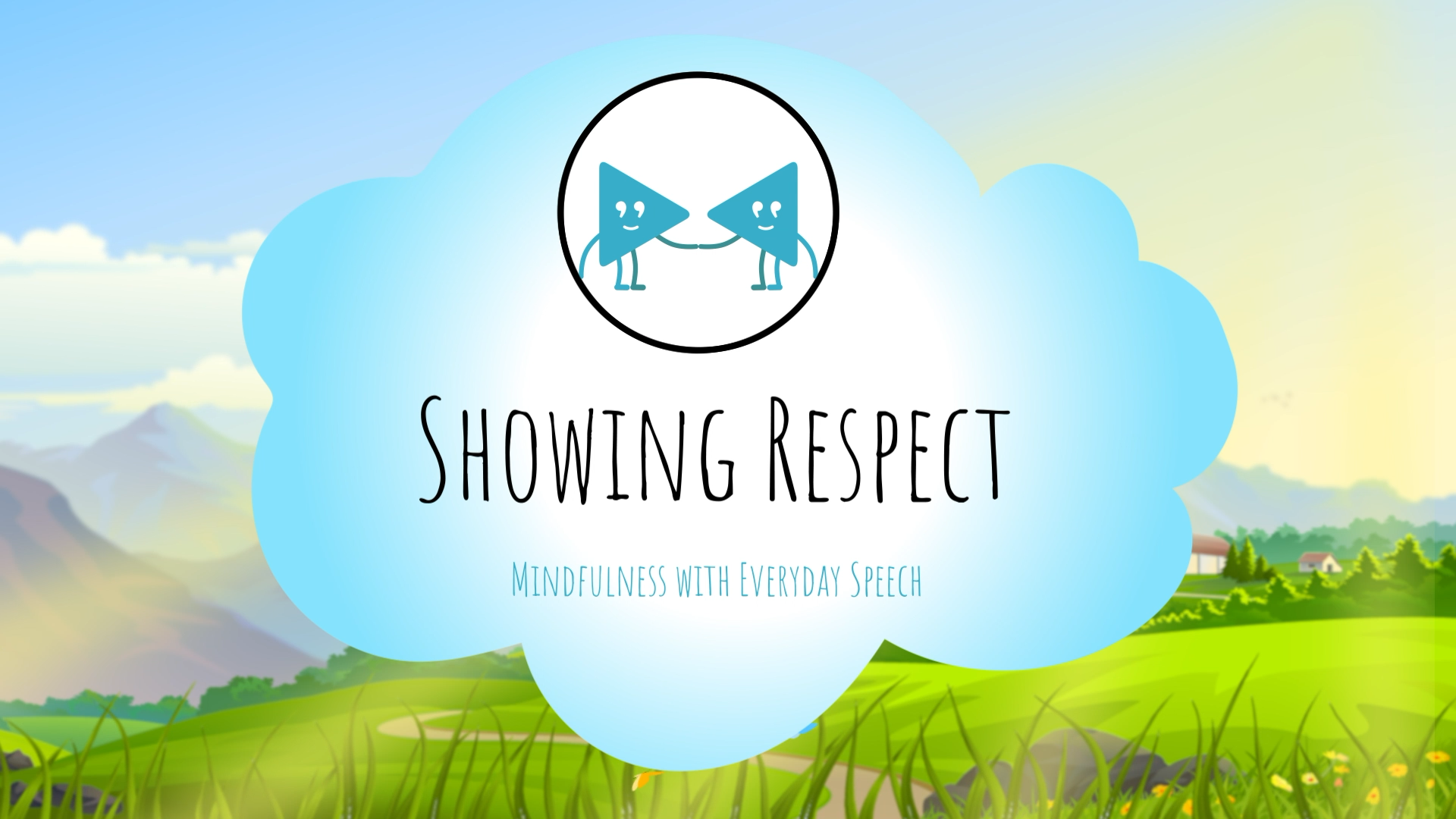Introduction
Respect is an essential skill that we should cultivate in our students. It entails treating others in a way that makes them feel valued, regardless of their differences. By promoting respect, we can create a more inclusive and harmonious environment in our classrooms and communities. This blog post will provide educators with a no-prep activity, discussion questions, and related skills to help teach elementary students the importance of respecting others.
No-Prep Activity: “Respectful Role-Play”
This no-prep activity is designed to help students practice showing respect to others through role-playing. To begin, divide your students into small groups. Instruct each group to brainstorm different scenarios where they might interact with others, such as in the classroom, on the playground, or at home. Encourage students to think of situations where they may encounter people with differing abilities, interests, age, race, gender, or culture.
Next, have each group choose one scenario and create a short role-play that demonstrates respectful and disrespectful behavior. They should act out both versions, showing the contrast between the two. After each group has presented their role-play, facilitate a class discussion about the differences between the respectful and disrespectful behaviors they observed and how they felt when watching each version.
Discussion Questions
- What does it mean to show respect to someone, and why is it important?
- Can you think of a time when someone showed you respect? How did it make you feel?
- What are some ways we can show respect to people who are different from us?
- How can we practice showing respect in our everyday lives?
- Why is it important to be open-minded and accepting of others’ differences?
Related Skills
Teaching respect goes hand-in-hand with other essential social-emotional learning skills. Some related skills that can be taught alongside respect include:
- Empathy: Understanding and sharing the feelings of others is crucial in building respectful relationships.
- Active Listening: Paying close attention to what others are saying and asking follow-up questions demonstrates respect and interest in their perspectives.
- Conflict Resolution: Resolving disputes in a fair and respectful manner is essential for maintaining positive relationships and fostering a supportive environment.
- Self-Awareness: Recognizing our own biases and stereotypes can help us become more respectful and open-minded towards others.
Next Steps
Teaching respect is an ongoing process, and incorporating these activities and strategies into your lesson plans can help create a more inclusive and supportive learning environment. To further enhance your students’ social-emotional learning, consider exploring and implementing additional resources. Sign up for free samples of skill-based materials and activities to help your students develop and practice respect and other essential skills.






